You probably won't be surprised to find out which version of Android has the highest market share
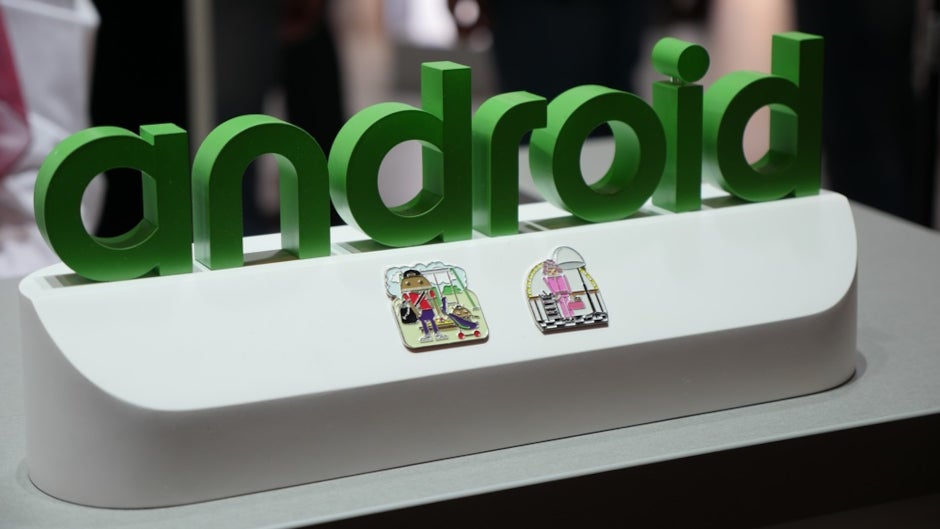
Remember the good old days when Google used to give us distribution stats each month allowing us to know which version of Android was the most widely used. Of course, iPhone fans would use the data to make fun of the low percentage of Android phones running the most up-to-date version of the software.
Eventually, Google stopped disseminating this information expressly due to this reason. The company felt that the data made Android appear to be too fragmented. But about three years ago, Google brought back the distribution numbers which showed, as in days gone by, that only a small percentage of Android users had installed the latest version of the operating system (which was Android 9 Pie at the time) on their phones.
Last November, the distribution numbers revealed that two months into the Android 12 era, Android 10 was the most widely used version of the OS at 26.5% followed by the 24.3% that had installed Android 11.
The latest data is from May 9th and it shows that Android 11 is the most widely distributed version of Android at the moment, installed on roughly 28.3% of Android handsets. The 2.1 percentage point increase in Android 11 distribution over the last six months nearly matches the 2.6 percentage point decrease in Android 10 distribution during the same time period (from 26.5% to 23.9%).
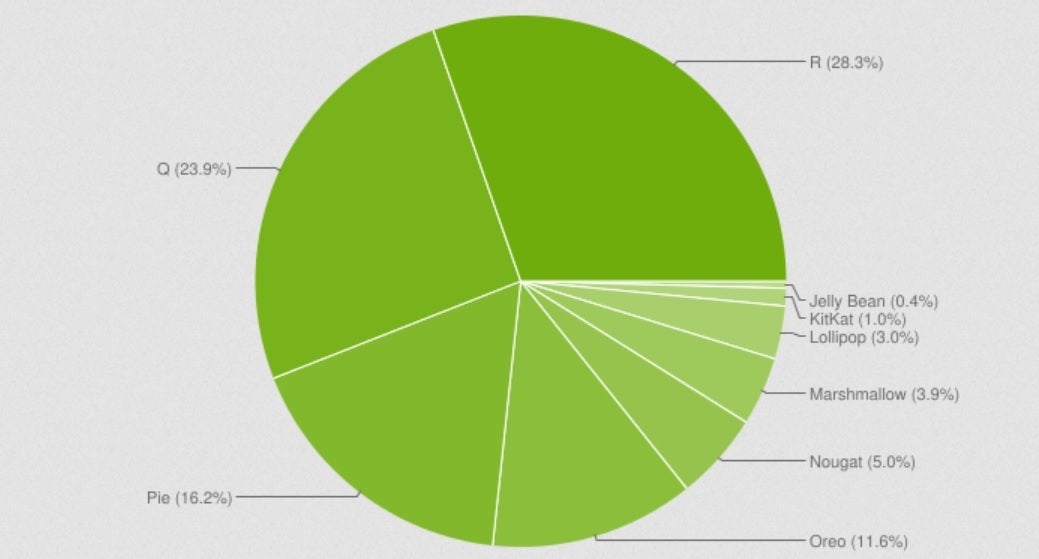
The latest Android Distribution figures. Credit 9to5Google
Android 9 Pie is next with a market share of 16.2% with Android 8-8.1 Oreo next at 11.6%. That is followed by Android 7-7.1 Nougat at 5%, Android 6 Marshmallow at 3.9%, and Lollipop (Android 5-5.1) with a 3% slice of the global Android pie. Android 4.4 KitKat still holds a slim 1% share while Jelly Bean (Android 4.1-4.3) is running on .4% of Android phones.
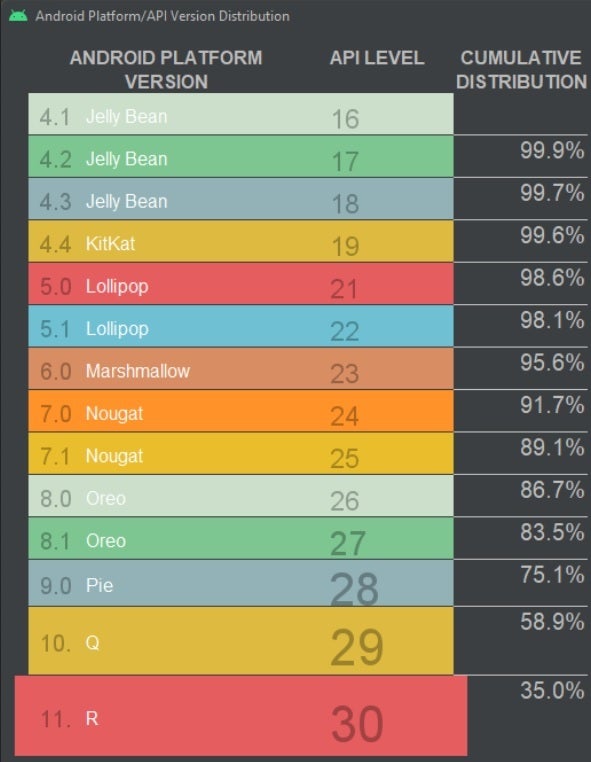
Developers use this chart to see how many Android users they will lose by not targeting certain Android users
The lack of any data related to the current stable version of Android, Android 12, could be due to how developers are using this information. According to 9to5Google, developers are using the chart to see how many Android users their apps will lose by not supporting a certain older version of the OS. In this scenario, the data for Android 12 and Android 12L would not be particularly valuable.
Follow us on Google News






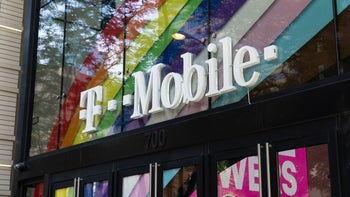

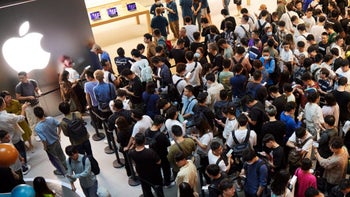

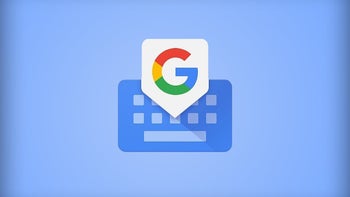
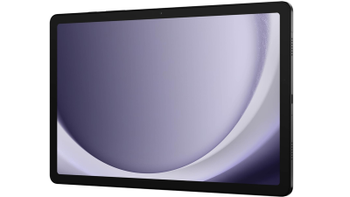
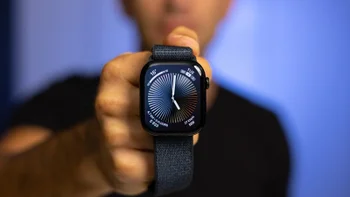
Things that are NOT allowed:
To help keep our community safe and free from spam, we apply temporary limits to newly created accounts: